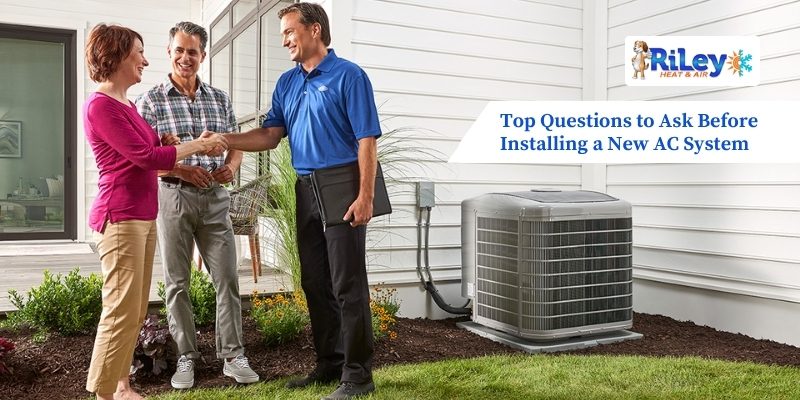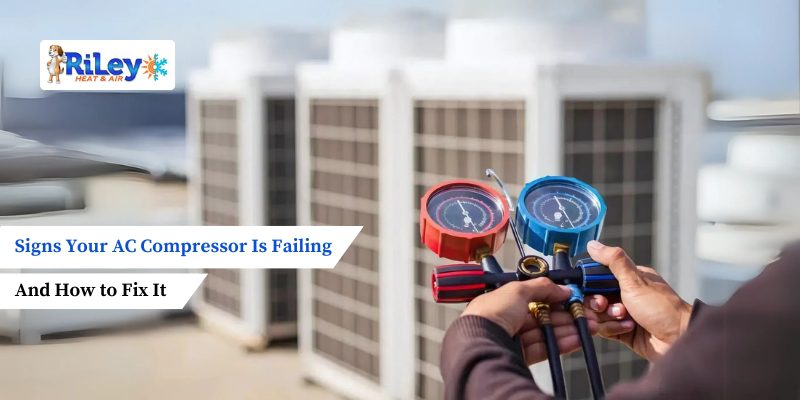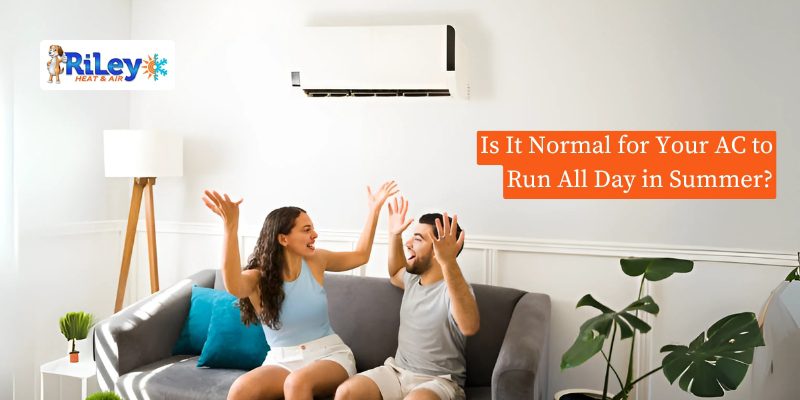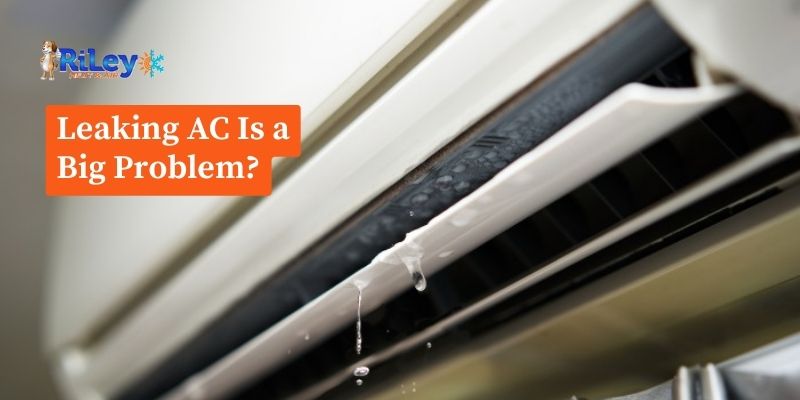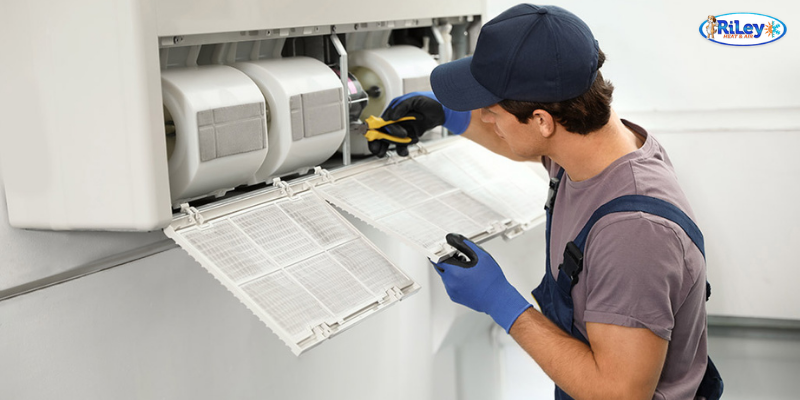
HVAC Emergency What to Do?
By cooling and heating your home, your HVAC system makes a very important asset in your home. It is therefore an unpleasant situation to find yourself experiencing an HVAC emergency where your unit is not functioning properly or, at all. During extreme temperatures, this will not only be uncomfortable but can also be a health hazard to its occupants. For a commercial building, this will lead to productivity issues among employees, complaints from clients, and can even force you to shut down completely. At times, these emergencies are inevitable. It is therefore important that you learn of what to do during an HVAC emergency to ensure that related HVAC repairs are dealt with as soon as possible.
Identify Your Emergency
For you to address the issue, you will first need to identify what the emergency is. By knowing what the problem is, you can determine the severity and take the appropriate steps. Knowing about the common HVAC problems will make this step easier for you:
Unusual Noises
If your HVAC system starts to sound different than usual, then it’s a cause for alarm. This could be various kinds of noises from squealing to screeching, crackling, and many others. All of these noises will indicate that there is a problem with your HVAC unit. This should be checked out as soon as possible and any HVAC repairs to be done. You should also watch out for any odd smells.
Frozen Outdoor Unit
During winter, it is not uncommon for the outdoor condensing unit to have a bit of frost on it. In unusual circumstances, however, the entire unit could become covered in snow. This is likely to be an indication that the system is having trouble with its defrost cycle. Severe damage can occur from a frozen outdoor unit and should therefore be addressed immediately.
Poor Temperature Regulation
For one reason or the other, your HVAC system could be unevenly heating or cooling your home or building. You may also notice a decrease in air quality and people getting sick. Even worse, the system may stop functioning altogether. Among others, this could be a sign of electrical or ventilation problems. It can take a toll on its occupants and disrupt business operations making it an HVAC emergency.
Leaks
Your HVAC system could be experiencing various kinds of leaks including gas leaks and refrigerant leaks. Either way, it is a hazardous situation that may also affect your system. Hence, if you smell gas, hear dripping sounds or notice liquid paddles, you should stop running your HVAC system and seek immediate help.
Call an HVAC Emergency Repair Line
Depending on the severity of the issue at hand, you may have to call in a professional HVAC contractor to help with fixing the problem. If your go-to service provider has a 24/7 emergency line, use that to contact them. This way, your emergency can be resolved both quickly and accurately.
As you wait for the Technician?
Once you contact the HVAC repair company, they are likely to send one of their experts to you immediately. Still, there are some things that you can be doing as you wait for them to arrive to help the process run even more smoothly. You can start by noting down all the affected areas. This way, the process will be less invasive as the technician will go directly to the problem. You may also gather all documents and manuals that may useful to them.
Preventive Measures
Nobody wants to find themselves in an HVAC emergency. You, therefore, need to ensure that you take preventive measures to reduce the frequency of HVAC emergencies as much as you can. Scheduling regular maintenance is one way in which you can prevent sudden issues from emerging. You should also make sure that you frequently inspect and monitor its performance. Standard DIY tasks such as changing air filters and cleaning vents should also not miss.
Installing a programmable thermostat can also help boost your unit’s efficiency. You should as well avoid overworking your system. It is also necessary that you develop an HVAC emergency preparedness plan, especially for commercial or residential buildings. HVAC emergencies can be frustrating and can bring losses to a business or industry. You should therefore ensure that you are using a dependable system to avoid HVAC emergencies. Should they occur, following the above ssteps will help you address them quickly and prevent them from occurring in the future.


